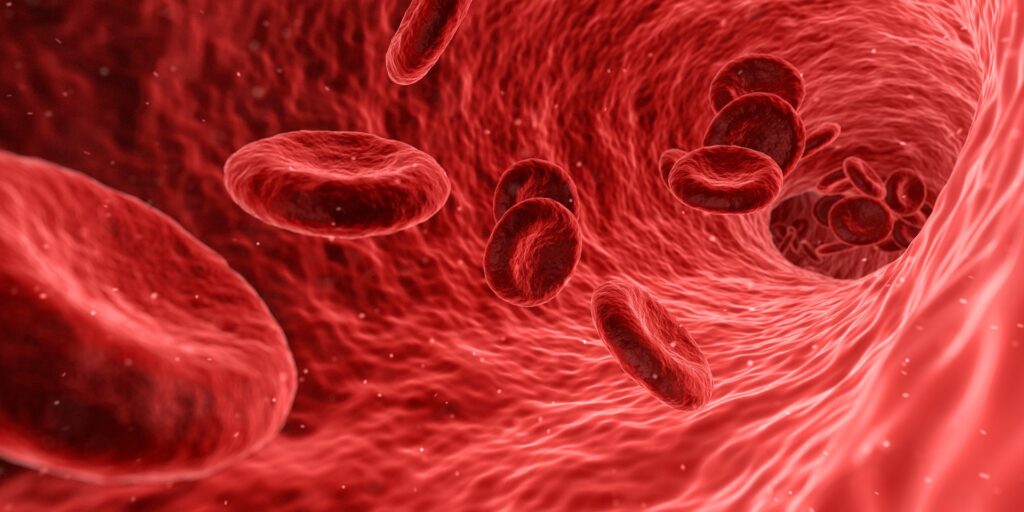Mechanism of AstraZeneca Blood Clotting Detailed in Study

A new study into rare cases of blood clots in the brain with low platelets seen in some patients after vaccination has been published in the New England Journal of Medicine.
The research team behind the study were the first clinicians in the UK to spot the link between the Oxford/AstraZeneca vaccine and rare cases of blood clotting along with a low platelet count, before identifying the correct diagnostic test for the syndrome. They recommended the treatment approach which avoids the use of heparin, an anticoagulant typically used to treat normal blood clots.
The researchers detailed the cases of 23 patients, who all presented with thrombosis and thrombocytopenia after receiving the AstraZeneca vaccine, and none of whom had underlying conditions which would predispose them to blood clots.
The presence of the PF4 antibody (platelet factor 4) was detected in almost all cases (21 out of 23). In rare instances, these antibodies are triggered by the blood-thinning drug heparin, a syndrome known as heparin-induced thrombocytopenia (HIT). However, HIT was ruled out because none of the patients in this study received heparin.
The investigators therefore concluded that they were seeing a heparin-independent PF4-dependent syndrome in the setting of the AstraZeneca vaccine. They cautioned that this syndrome needs to be identified quickly if present, because its treatment is very different to that of blood clots with low platelet counts.
Co-author Professor Tom Solomon commented: “Although it is a very rare side effect, this issue of clots in the brain and elsewhere combined with blood abnormalities following COVID-19 immunization is extremely important. It is critical we understand the disease mechanisms so we can provide the best treatment for patients. Here at the University we are part of a national program collecting information on such patients.”
The researchers stressed that vaccination is still the key means to end the pandemic, and everyone should continue to receive a vaccine when offered one.
Source: Medical Xpress
Journal information: Marie Scully et al. Pathologic Antibodies to Platelet Factor 4 after ChAdOx1 nCoV-19 Vaccination, New England Journal of Medicine (2021). DOI: 10.1056/NEJMoa2105385

